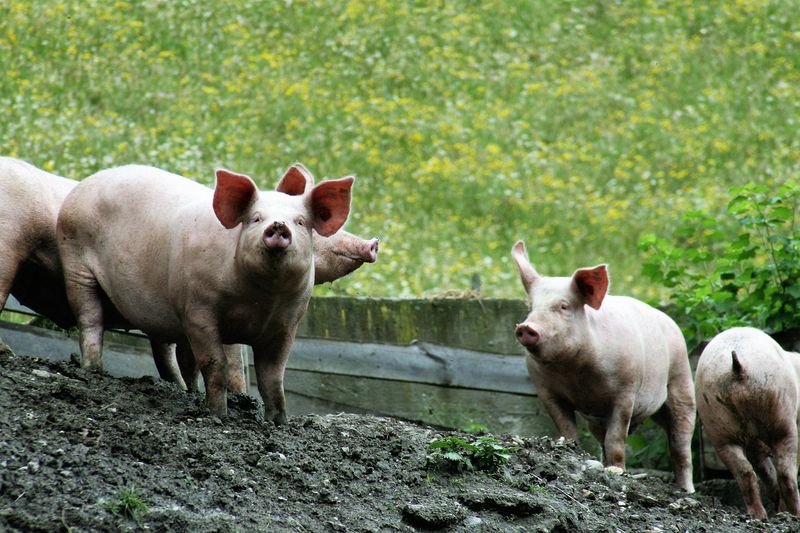
Published in News
Closure in Perleberg
The shutdown of the Perleberg slaughterhouse raises concerns among eastern German pig farmers about longer transport routes, higher costs, and increased market dominance by Tönnies.

Perleberg Slaughterhouse to Shut Down
The slaughterhouse in Perleberg, Brandenburg, is set to close permanently. For many farms in eastern Germany, this location was one of the final remaining regional options for processing pigs. The facility had been working below capacity for years, and its closure means the loss of roughly 20,000 slaughter spaces per week.
Declining Operations Before the Decision
The site already reduced its processing volumes significantly in recent years.
Some farmers had begun shifting their animals to other buyers.
The company had moved away from full processing, focusing mainly on slaughtering and selling carcasses.
Tönnies as the Remaining Major Operator
After the closure, the large Tönnies plant in Weißenfels (Saxony-Anhalt) will be the only major pig slaughtering site left in eastern Germany.
Farmer representatives see a risk of:
Fewer market choices
Greater dependence on one buyer
Possible pressure on future pricing
Impact on Farmers and Transport Routes
Farmers who previously delivered to Perleberg now must transport animals over longer distances, sometimes more than 250 to 350 kilometers.
This leads to:
Higher fuel and logistics costs
More time spent on the road
Challenges for maintaining animal welfare during transport
Extra costs of 5 to 10 euros per pig are considered realistic. Since many farmers currently earn only small profit margins per animal, this added cost may be difficult to absorb.
Capacity Questions and Potential Bottlenecks
It is not yet clear whether the remaining slaughterhouses can take on all of Perleberg’s former volume.
Increasing capacity would require:
More work shifts
Additional staff, which may be hard to recruit
Industry groups warn that, if adjustments are not made, backlogs in pig deliveries could occur.
Outlook
Farmers and industry organizations are now watching how capacity, pricing, and logistics develop in the coming months. The closure represents not only an economic shift, but also a change in how agricultural value is distributed across the region.
Source: https://www.agrarheute.com/tier/schwein/schlachthof-perleberg-hat-toennies-monopol-osten-637395
